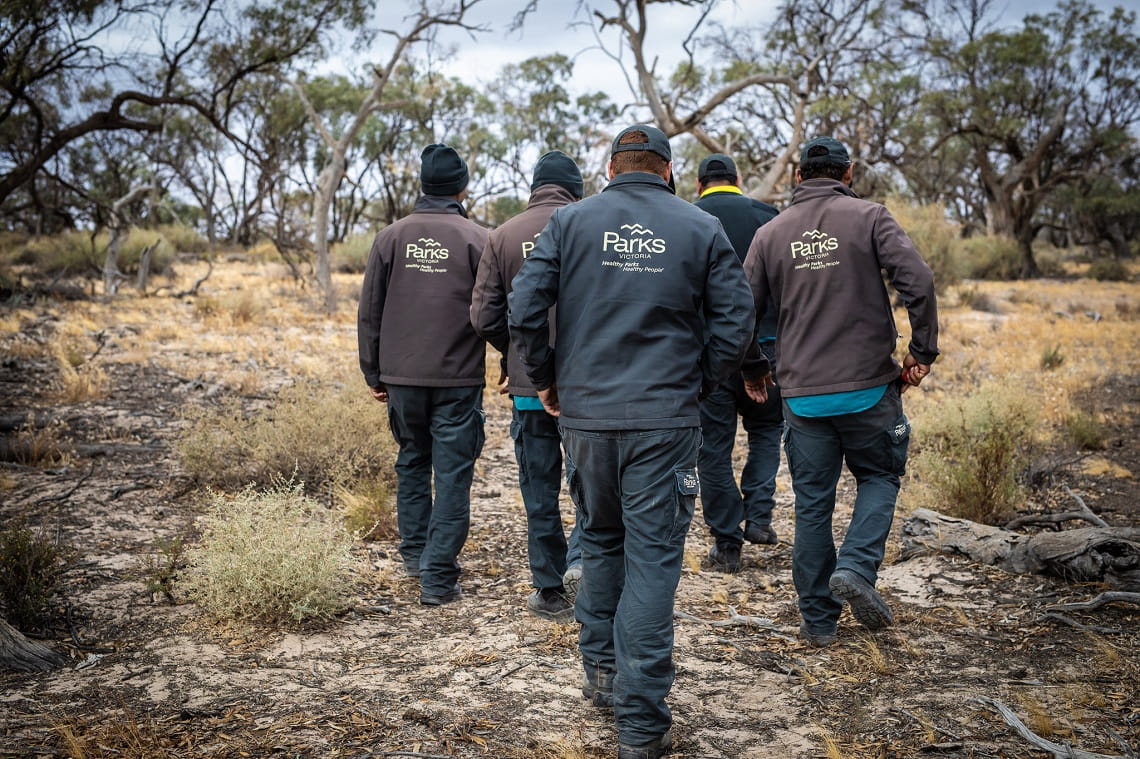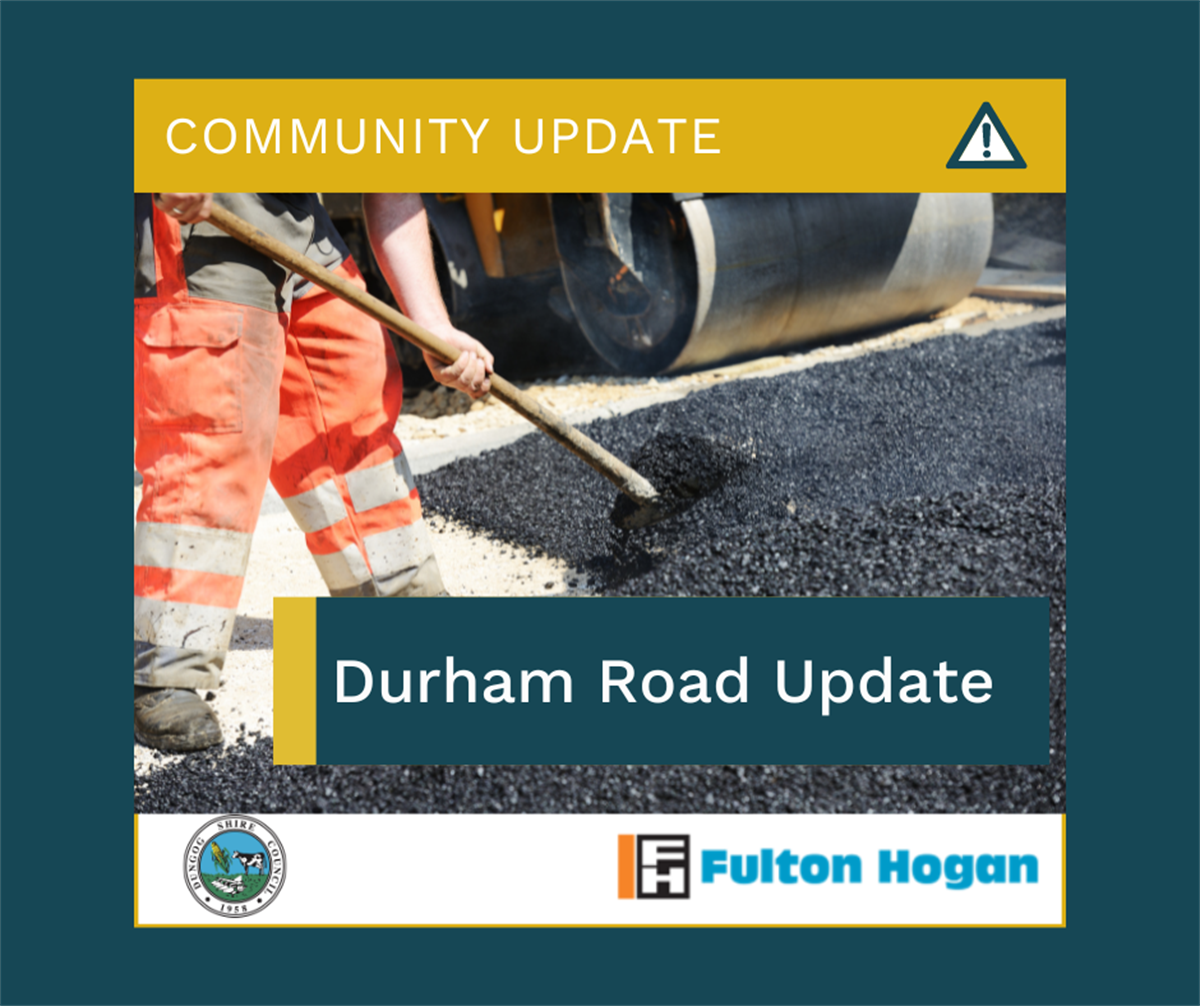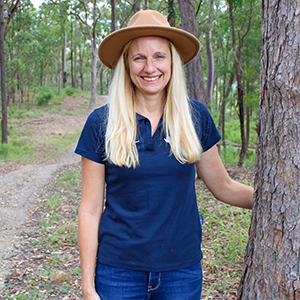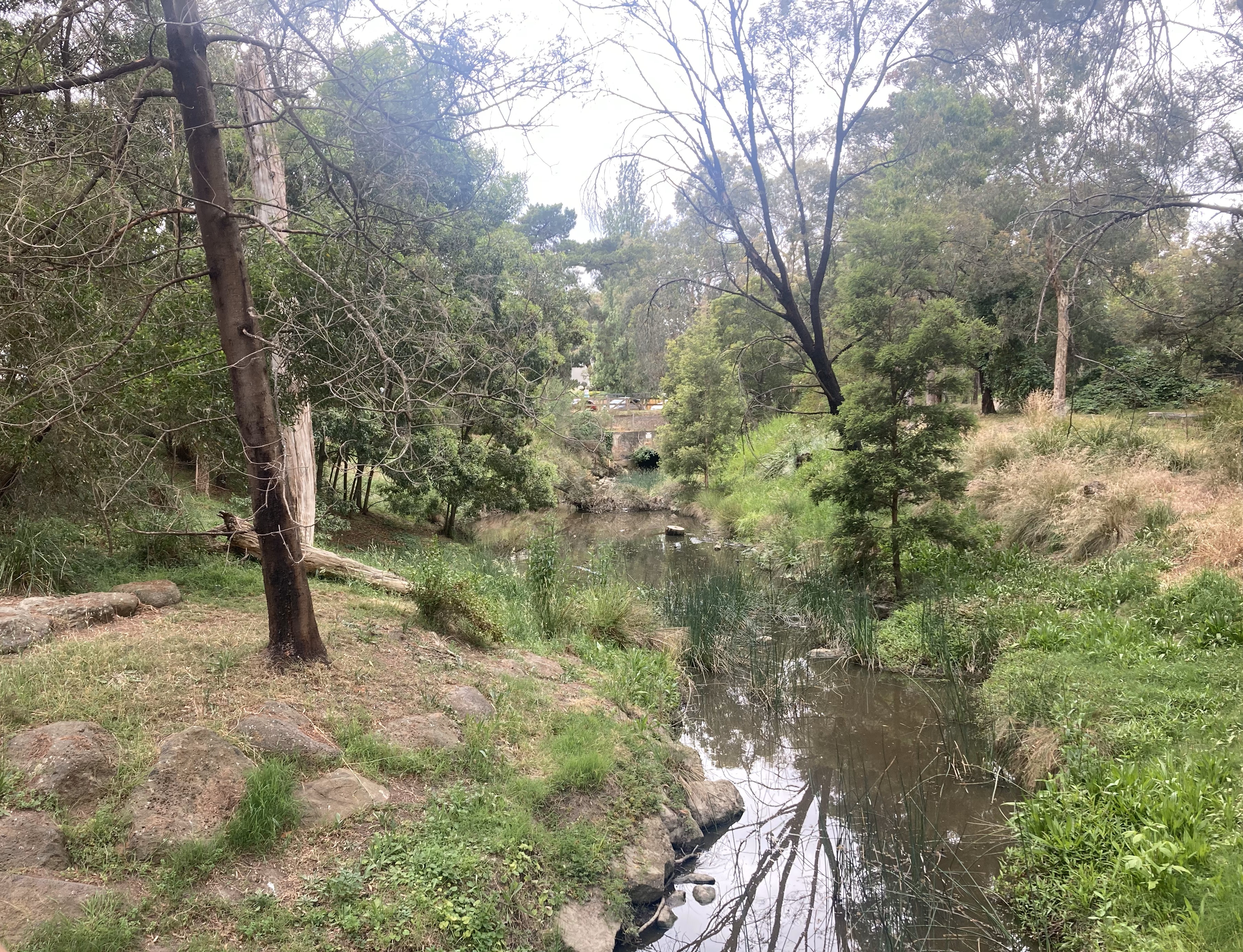World Cancer Day survey shows Australians most concerned about affordable and equal access to cancer services
This World Cancer Day (Tuesday 4 February), Cancer Council Australia is calling for more action to reduce inequities in cancer outcomes, following a new global survey showing nearly half (45%) of all Australians believe Government should be doing more to make cancer services more affordable.
The survey led by The Union for International Cancer Control (UICC) and conducted by IPSOS, asked respondents around the world to nominate which issues they believed Governments should be addressing when it comes to cancer.
Almost one in three Australians also believed Government should be doing more to support and fund cancer research (32%) and to ensure equal access to cancer care for everyone, without regard to gender, race, income or age (30%).
Professor Sanchia Aranda, CEO Cancer Council Australia said “Australia has some of the best cancer outcomes in the world with nearly seven in 10 Australians surviving beyond five years after a cancer diagnosis however, there are a number of groups within our community who have significant lower survival rates.
“We know that our poorest Australians are 37% more likely to die from cancer than the wealthiest Australians so World Cancer Day is an opportunity for us to look at our success but also acknowledge where there is still more work to be done.
“Nearly half of all Australians believe we should be making cancer services such as medicines, treatment and care more affordable and we know that a cancer diagnosis comes with significants costs at an already incredibly stressful time.”
Of the 20 countries surveyed, only Kenyans and South Africans were more likely to rank affordable access to services as one of the top issues with 59% and 46% ranking it as a top issue respectively.
Professor Aranda said that any action needed to take account of Australia’s complex national/state and public/private health system and explained some of the steps Governments could take to improve cancer outcomes for vulnerable Australians.
“Australia has a comprehensive public health system however the concerns expressed in this survey about equal access show that more needs to be done to help some Australians take advantage of our great health system, particularly those with low incomes, First Nations Australians and those in rural and remote communities.
“We need to ensure that cost does not hamper people from accessing optimal cancer care. Attention is needed to ensure there are appropriate income support options available and that travel and accommodation support for those who must leave home for diagnosis and treatment reflects the costs incurred.
“Cancer Council supports the Federal Health Minister’s efforts to address the rising out of pocket costs experienced by people with cancer and continued attention to this issue will be required.”
The survey results support a separate study that found 19% of people with cancer reported that a cost-related factor had influenced their decision making about treatment – including the costs of travelling to and from treatment, loss of income and actual costs of treatment.
“Research from the Consumer Health Forum concluded that more than a quarter of people having treatment for cancer incurred out of pocket costs of more than $10,000 in the two years prior to the research being conducted.
“Aside from reducing out of pocket costs for patients, doctors and healthcare providers can play a significant role in helping patients to understand their treatment options, including the charges and expected out-of-pocket costs of each option. Informed decision making must include attention to the potential for financial hardship,” Professor Aranda explained.
Affordability of cancer services was also the top issue for American respondents to the global survey. Both the US and UK also ranked supporting and funding cancer research and ensuring equal access to cancer care for everyone as top issues.
World Cancer Day is an initiative by UICC that aims to unite the world with the aim to save millions of cancer deaths every year. 2020 marks the 20th anniversary of World Cancer Day.
UICC has set a global target to reduce the number of premature deaths from cancer and noncommunicable disease by one third by 2030. The survey was the first multi-country public survey on cancer perceptions in a decade.








